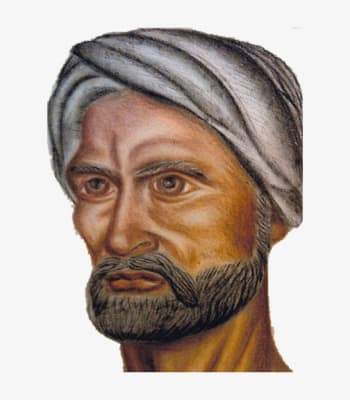I'd love to know more about this, particularly Ancient Amunat, since Khalduno's mother is Amunati and I'd like to develop that backstory more. The timeline on the website goes back about two millenia from the present. Is there a sense of when the Ancient Amunat civilization was flourishing, and when/why it declined?
Also regarding this timeline entry: ca. 1150-850 B.D. Peak flourishing of the Rassi civilization of northeastern Idiri.
Are the modern Razmani descendants of the ancient Rassi, or is the similarity in name merely coincidental? Based on the location of their homeland (further west in the Hazari desert?), I'd lean toward the latter, but they could have migrated from Raziya (which sounds like it was named after the ancient Rassi).
I realize many of these details are probably still being worked out - asking as much to inspire lore-writing as to actually get the questions answered.


